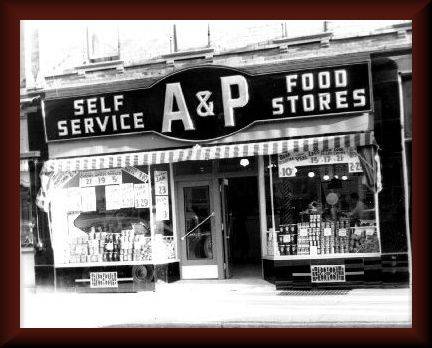
Introduction to Literature Journal Questions

John Updike, "A&P"--due in class Wednesday, Aug. 30:
The overt conflict in this story is between Sammy and
Lengel about how the girls should be treated.
Why, in your view, does Sammy want to make this issue a conflict, to take
the girls’ side? In other words,
what various things do the girls and Lengel represent to him about his
dissatisfactions with his own life?
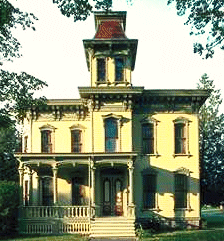
William Faulkner, "A Rose for Emily"--due in class Monday, Sept. 11
Because we have access to Sammy’s thoughts in “A&P,” we can formulate a pretty clear understanding of why he sticks up for the girls and quits his job. What more might we know about the title character’s actions in “A Rose for Emily” if we had similar access to Emily’s thoughts rather than only seeing her from the outside, from the townspeople’s perspective?
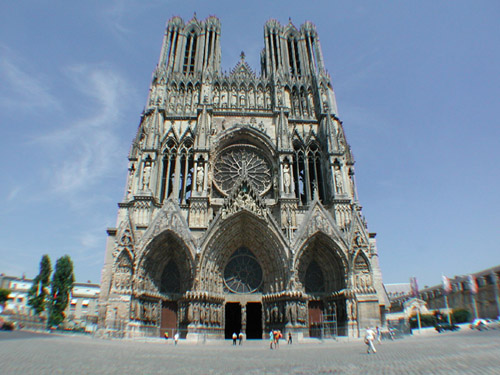
Raymond Carver, "Cathedral"--due in class Monday, Sept. 18
As a result of the
conflicts in this story, what does our narrator learn about himself and other
people that he didn't know before? Why
does he keep his eyes closed and say that
the picture he and Robert have drawn "is really something"? Given
that he’s a first-person narrator, do you feel we can trust what he says, or
are we supposed to learn more about him than he himself does?
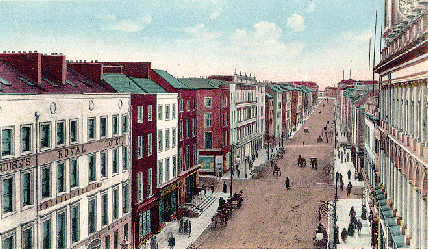
James Joyce, "Araby"--due in class Monday, Sept. 25
What do the details of the main setting in this story—the neighborhood and the house the narrator lives in—tell us about his life? What does the way he visualizes the fair, called "Araby," tell us about how he’d like his life to be? What do the details of the actual fair tell him and us about his chances of having the life he desires?
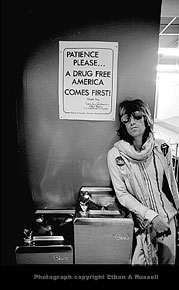
T. Coraghessan Boyle, “Greasy Lake”--due in class Monday, Oct. 2
At
the beginning of this story, the narrator says that he and his friends are
“bad.” Given his description of
their behavior in the first few paragraphs, what exactly is their idea of
being “bad”? At the end of the story, a girl says they’re “bad
characters” and offers to “party” with them.
Why do they respond as they do—what’s changed about their
understanding of what the word “bad” means?
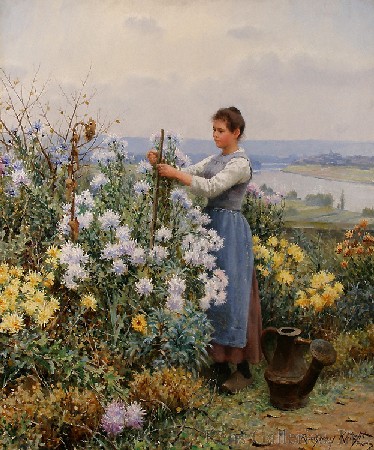
John Steinbeck, "The Chrysanthemums"--due in class Monday, Oct. 10
What
do Elisa’s chrysanthemums seem to mean to her, given what she says about them
and the way she treats them—what do they symbolize to her about her life?
By contrast, what do these flowers mean to her husband, Henry, and to the
traveling repairman who stops at their ranch?